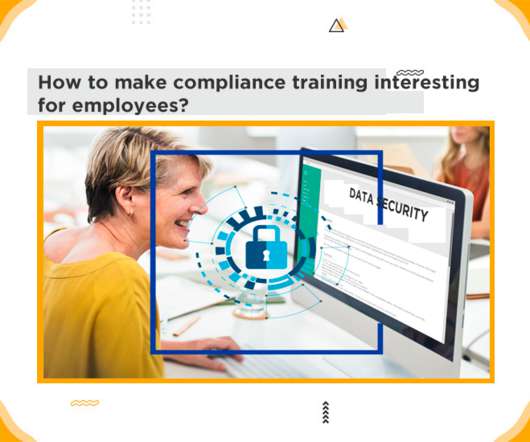eLearning Trends for 2015: Here to Stay or Go Away?
Association eLearning
JANUARY 12, 2015
In an excerpt from Effects of Achievement Motivation on Behavior , author Rabideau explains the motives behind gamification: People’s achievement goals affect their achievement-related attitudes and behaviors. Two different types of achievement-related attitudes include task-involvement and ego-involvement. Send via Email.




















































Let's personalize your content